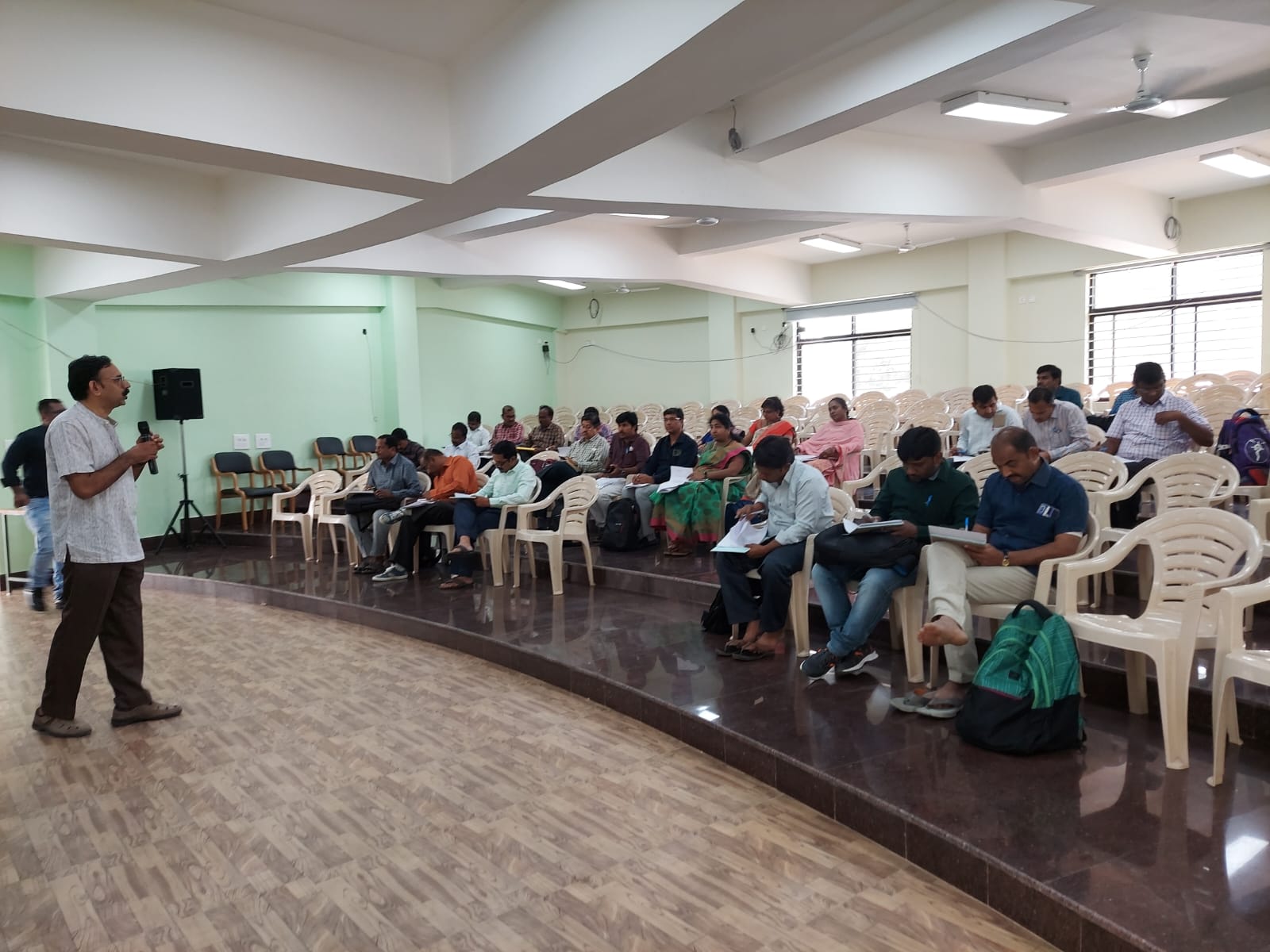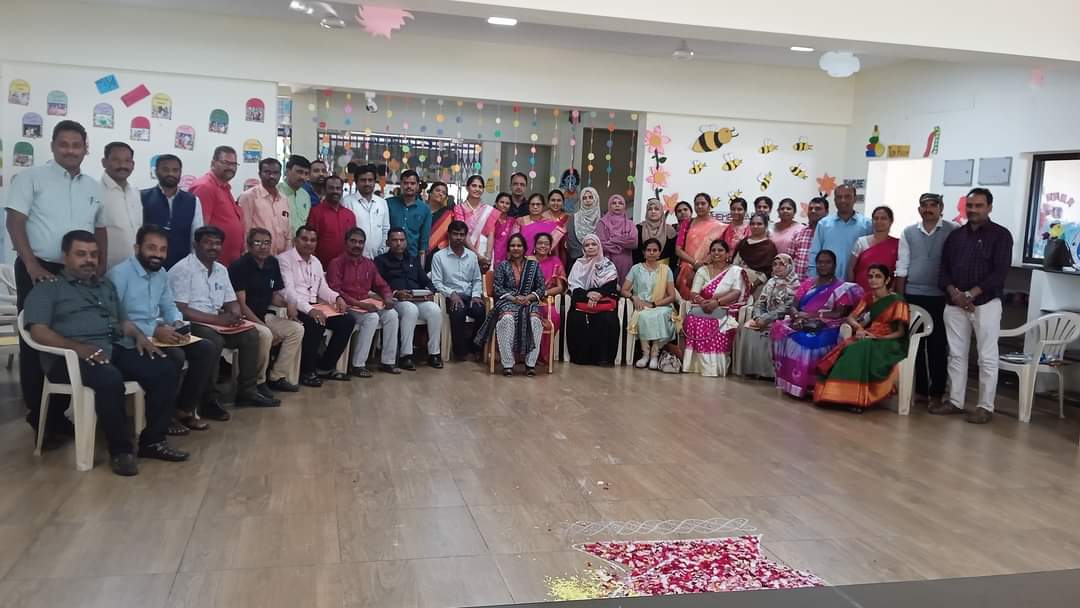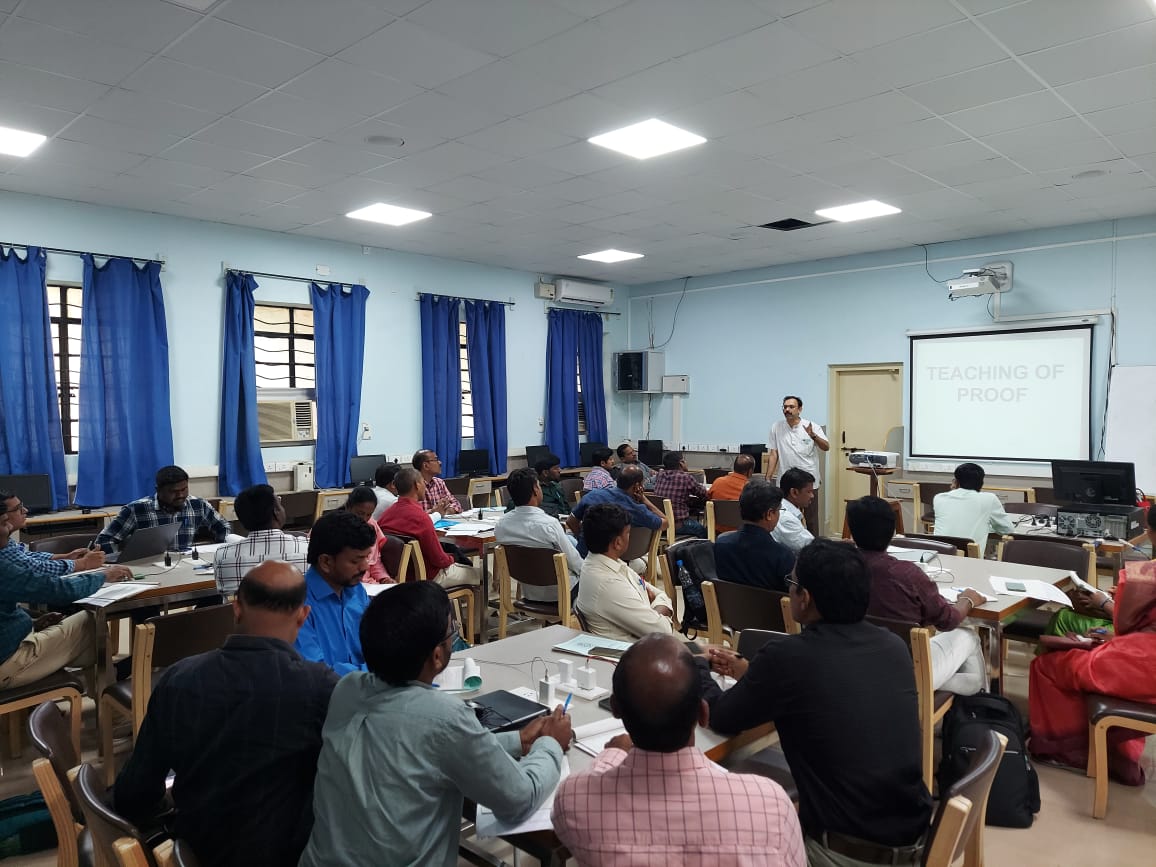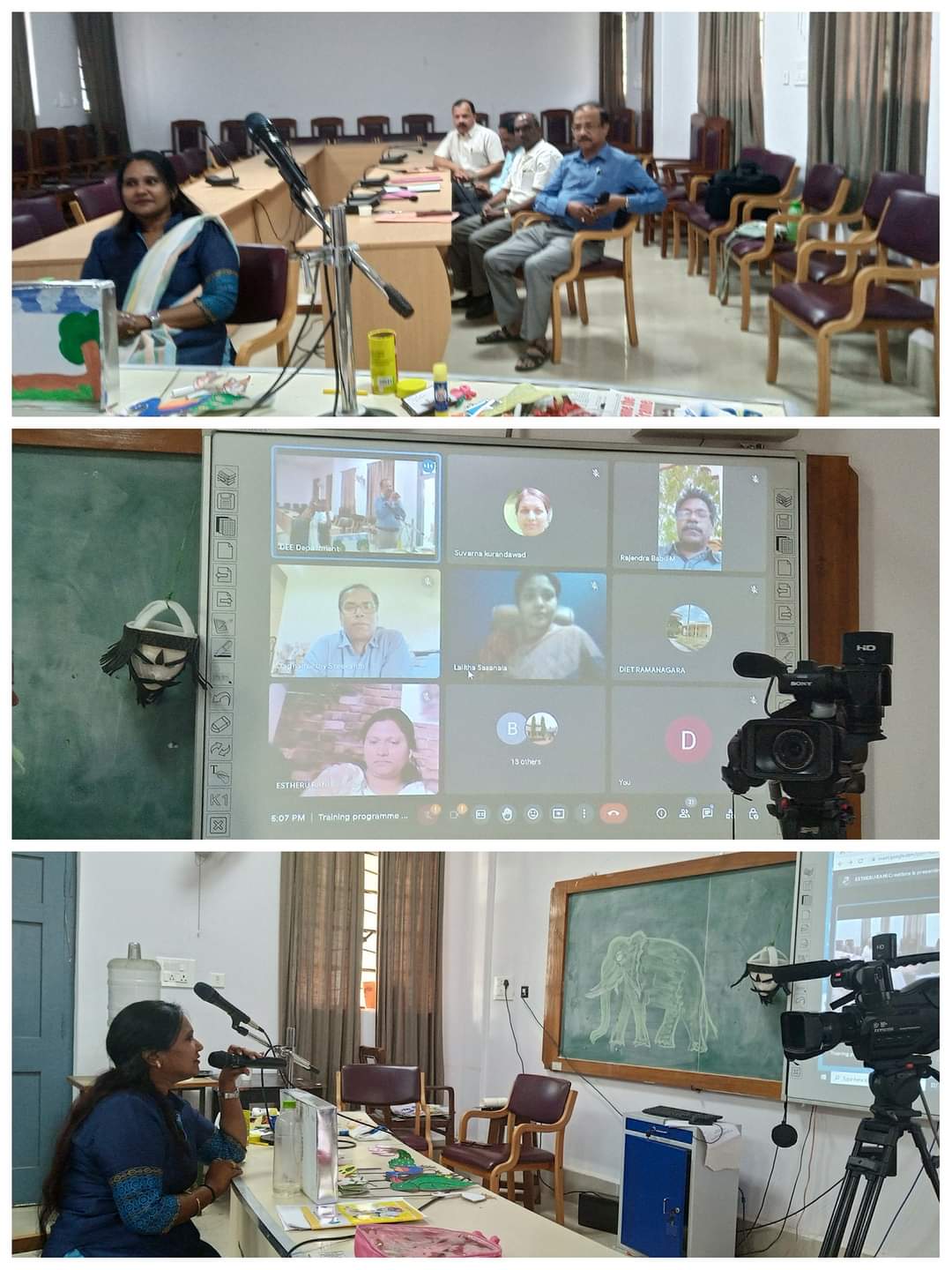The programme advisory Committee (PAC) shall make recommendations to all the Executive Committee regarding the lines on which research, training, extension and other programmes of the Council should be conducted and the channels into which they should be guided. In order best to serve the object of promoting the improvement of school education, in the country, keeping in view of the role of the council as outlined in Article 3 of the Memorandum of Association. It will be the responsibility of the programme advisory committee to consider all plans, programmes, research proposals, etc. and to examine the academic aspects of the work of the Council and to ensure’s coordinated approach to the development of their programme.
The programme Advisory Committees shall consist of the following members:
1. The Director of the Council------ Chairman
2. Joint Director of the Council----- Vice-Chairman
3. Five University Professors or Heads of Departments representing Education and other related Disciplines, nominated by the President of the Council
4. Five Directors of State institute of Education to be nominated by the President of the council in rotation from all states and union Territories
5. Two representatives of each department of the NIE of whom one shall be the Head
6. And the principal and one Professor, Reader from each of the constituent institutions of the National Council of Educational Research and Training.
The Programme Advisory Committee may appoint such sub-committees as it may consider necessary to deal with special problems or programmes entrusted to them or with special aspects of its work.
The term of office of the nominated members shall be three years from the date of their nomination. However, the nominating authority shall have the powers to terminate or extend the period of membership by any time.
PLANNING AND PROCESSING OF PROGRAMMES
The programmes of NCERT are formulated keeping in view the broader perspectives of the National Policy on Education (NPE) and the educational needs of the states requiring NCERT’s inputs, among other things. The educational needs of the states are identified mainly through the mechanism of the State Co-ordination Committees (SCCs) which provide a forum for interaction among the NCERT faculty with the senior functionaries of the State Education Departments. The Education Secretary of the State is the Chairperson of the SCC and the Principal of the concerned Regional Institute of Education (RIE) is the Member-Convener. The identified educational needs of the states are first considered by the Institutes Advisory Boards (IABs) of RIEs and then the Managing Committees (MCs) of RIEs.The academic programmes of the Departments of the NIE are processed through the Advisory Boards of the individual Departments (DABs) and thereafter by the Academic Committee (AC) of the NIE.Programmes of the CIET are processed through the Institute’s Advisory Board (IAB). Similarly, the programmes of the PSSCIVE are processed through its Institute’s Advisory Board (IAB).
Conducting and sponsoring educational research is one of the major activities of NCERT. Research programmes proposed by the constituents of the NCERT and other institutions/organisations are considered by the Educational Research and Innovations Committee (ERIC). ERIC promotes and sponsors research in various areas of school education and teacher education.
The programmes processed by various committees are finally considered by the Programme Advisory Committee (PAC). The PAC reports to the Executive Committee of the NCERT the overall directions in which research, training, extension and other programmes would be channelised to best serve the interest of school education in the country.




